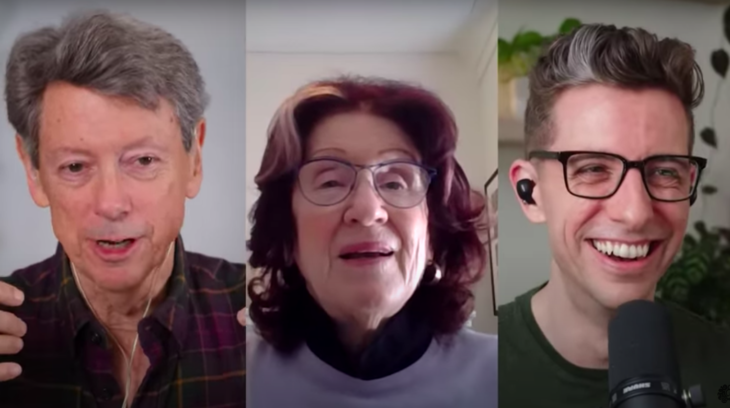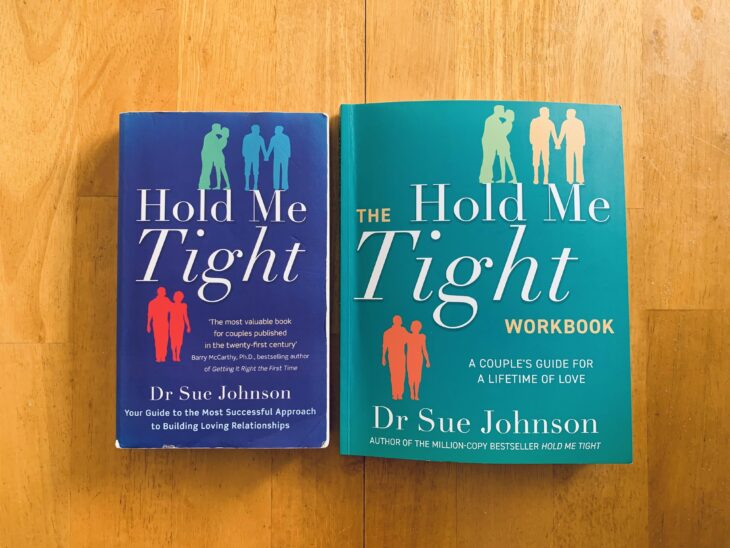In this episode of the Being Well Podcast, hosts Forrest and Rick Hanson speak to an exceptional guest, Dr. Sue Johnson, the pioneering force behind Emotionally Focused Therapy (EFT). Dr. Johnson, known for her transformative work in attachment theory, engages in a deep and thoughtful dialogue that is certain to broaden and inform your understanding of relationships.
We are treated to the fascinating story of Dr. Johnson’s development of EFT. This valuable context provides a strong foundation what follows. The hosts and Dr. Johnson then transition into an exploration of relationships, emphasizing their nature as emotional bonds over mere transactional bargains.
One of the standout elements of this episode is the enlightening discussion around the role of the amygdala in solidifying skills learnt in therapy. Alongside this, the conversation around vulnerability’s significant role in forming genuine, fulfilling connections is truly powerful, equipping listeners with essential knowledge to cultivate healthier relationships.
Forrest and Rick Hanson expertly guide the dialogue, covering topics from the importance of good examples of bonding conversations, the transformative effect of changing how one relates to oneself, and the appropriate contexts for using EFT versus Internal Family Systems. A particularly poignant segment of the podcast involves the recognition of helplessness, a novel perspective that may empower listeners in their own personal growth journeys.
Towards the end of the episode, the hosts and Dr. Johnson reflect on the balance between individualism and vulnerability, a pertinent topic for many navigating relationships in today’s world.
The breadth of Dr. Johnson’s knowledge, gathered from her expansive career as a clinical psychologist, researcher, professor, and EFT founder, radiates throughout this episode. Her acclaimed contributions, including her best-selling book “Hold Me Tight”, make her a reputable source of wisdom for anyone aiming to build secure and emotionally healthy relationships. This episode of the Being Well Podcast is an enlightening deep-dive into the realm of relationships, providing a harmonious blend of theoretical understanding and practical advice.




Recent Comments